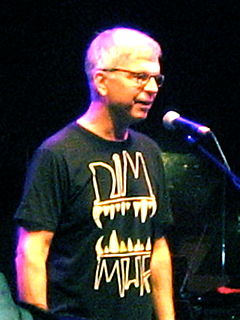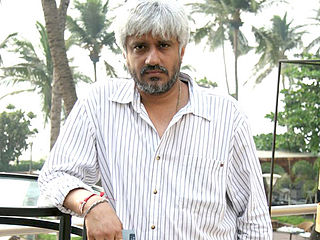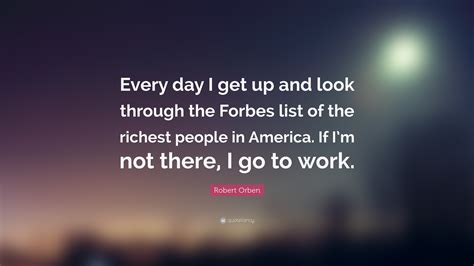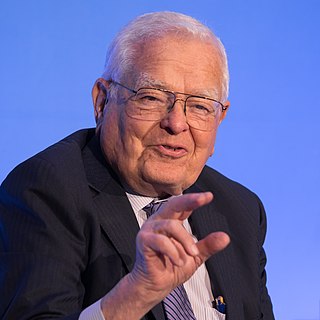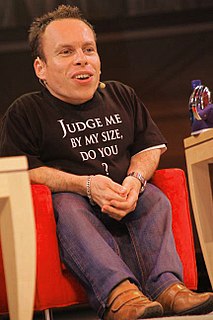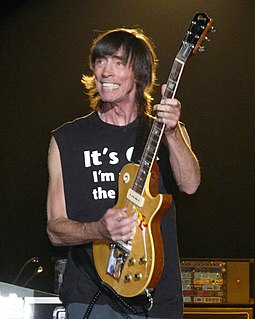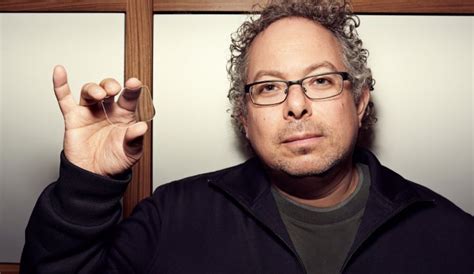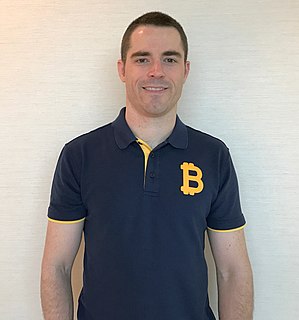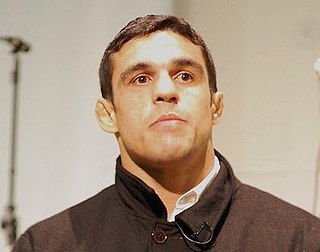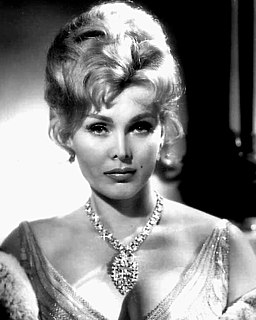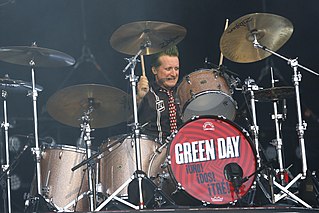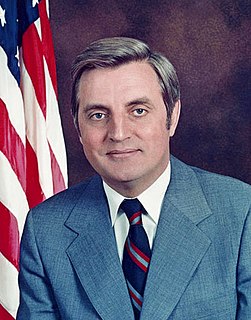Top 787 Computers Quotes & Sayings - Page 5
Explore popular Computers quotes.
Last updated on December 24, 2024.
This is what customers pay us for - to sweat all these details so it's easy and pleasant for them to use our computers. We're supposed to be really good at this. That doesn't mean we don't listen to customers, but it's hard for them to tell you what they want when they've never seen anything remotely like it.
When I launched the development of the GNU system, I explicitly said the purpose of developing this system is so we can use our computers and have freedom, thus if you use some other free system instead but you have freedom, then it's a success. It's not popularity for our code but it's success for our goal.
Over and over again, financial experts and wonkish talking heads endeavor to explain these mysterious, 'toxic' financial instruments to us lay folk. Over and over, they ignobly fail, because we all know that no one understands credit default obligations and derivatives, except perhaps Mr. Buffett and the computers who created them.
Every day, I absorb countless data bits through emails, phone calls, and articles; process the data; and transmit back new bits through more emails, phone calls, and articles. I don't really know where I fit into the great scheme of things and how my bits of data connect with the bits produced by billions of other humans and computers.

